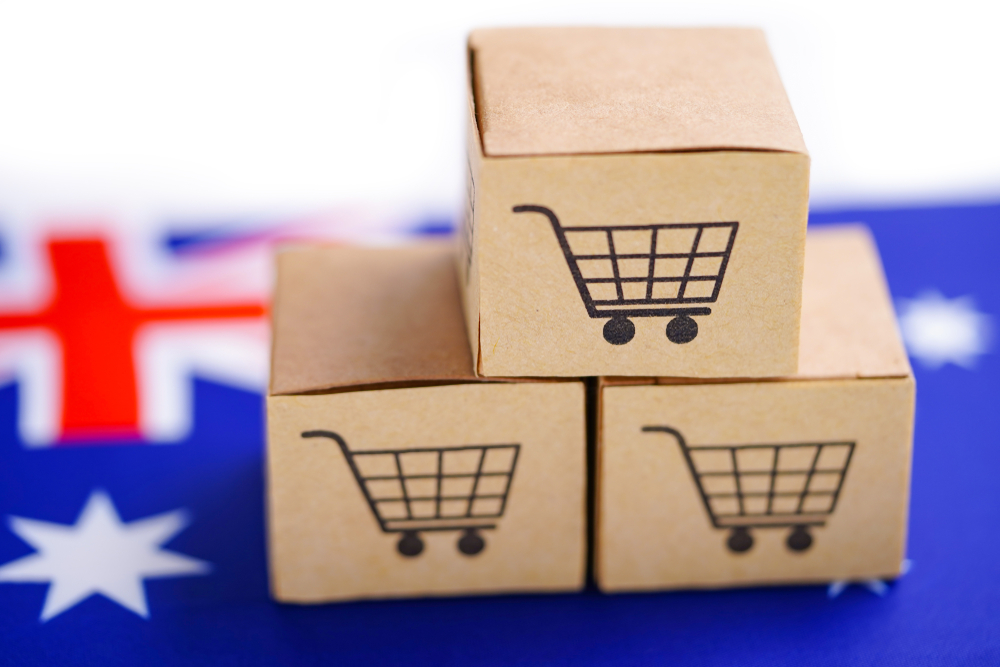Right now, international trade is undergoing some massive shifts and for Australian businesses engaged in imports, the challenges are getting bigger and bigger. Recently, the Australian government disclosed a great $600 million plan to bring about a change in the import industry. The rising costs of imports and the government’s ambitious plan are worth studying, whilst understanding the implications of strengthened biosecurity measures on car imports.
Understanding the Rising Costs of Imports
In recent times, businesses involved in importing goods have grappled with escalating costs driven by various factors. Global economic shifts, currency fluctuations and disruptions in the international supply chain have all contributed to these challenges. Importers are now compelled to adapt to this evolving landscape and seek innovative solutions to maintain operational efficiency.
The Government’s $600 Million Plan
Recognising the multifaceted challenges faced by importers, the Australian government has announced a comprehensive $600 million plan. This initiative is designed to address key pain points and bolster the country’s standing in the global trade arena. Key components of the plan include infrastructure investment, technology integration and trade facilitation measures.
New Challenges: Strengthened Biosecurity Measures
Amidst these changes, a new challenge has emerged that could significantly impact the cost of importing cars. Australia’s biosecurity measures are being strengthened to counter increasing threats. Thousands of Australians have already faced delays in receiving new cars due to stringent cleaning measures after foreign soil and insects were found on vehicles stored in grassy paddocks before export.
Exotic pests, including snails and stinkbugs, found on these cars pose a biosecurity risk to the nation. Despite the $600 million investment in environmental protection, the government deems it insufficient to combat the recent influx of threats. As a response, new fees are poised to be imposed on those importing items like cars, with potential implications for farming machinery, industrial items and even household appliances.
Federal Agriculture Minister Murray Watt emphasised that the new fee could go beyond cars, impacting a range of imports. “There’s a rising proportion of those imports that do contain soil and other contaminated material that contains diseases,” Watt explained. “That could be everything from bugs to weeds to snails in some cases and these are things that aren’t already in Australia.”
The charges, if implemented, could mean an extra $5 per imported item. Last year alone, over 235,000 cars were imported through the Port of Brisbane, with 8100 found to be contaminated.
Adapting Strategically in a Changing Landscape
For businesses engaged in imports, these developments underscore the need for strategic adaptation. The government’s plan, while promising, is part of a broader context where biosecurity measures are becoming more stringent, potentially impacting the cost and logistics of importing a variety of goods.
Adapting Strategically with Kenter’s Expertise
The rising costs of imports, the government’s $600 million plan and strengthened biosecurity measures collectively shape a dynamic import landscape. As businesses navigate these changes, staying informed and adapting strategically will be essential for continued success in international trade.
At Kenter International Logistics, our seasoned customs brokerage team stands ready to assist individuals and businesses looking to navigate the complexities of the import landscape. Whether it’s documentation, import fees and taxes, customs regulations, or ensuring compliance with the latest biosecurity measures, our team is dedicated to making the logistics process hassle-free and smooth for you.
We understand the nuances of global trade laws and stay abreast of the latest industry developments to ensure that your imports meet all necessary requirements seamlessly. With Kenter, you have a trusted partner committed to your success in a changing trade environment.
For more updates on trade policies, industry insights and expert guidance on navigating the evolving import landscape, get in touch with our experienced and friendly team of Customs Brokers today.
To download a free PDF document on the ‘Guidelines for Importing Heavy Machinery and Automotive Equipment into Australia: Shipping Insights’, click here.

